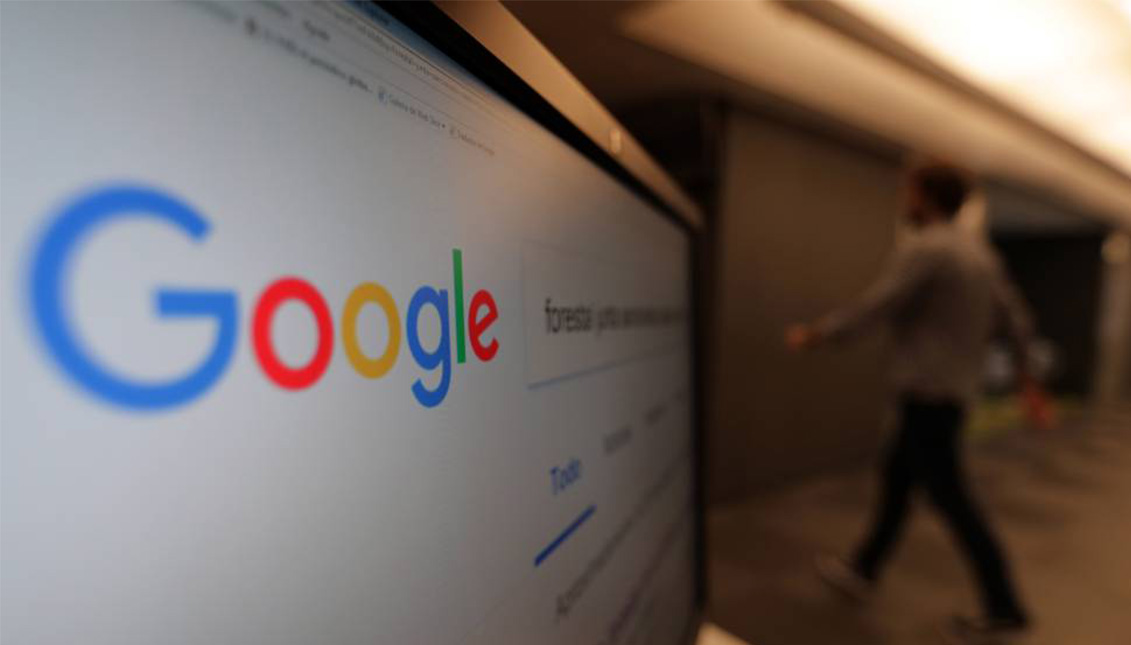
The tax "tricks" of the tech giants get their day in Europe
Spain is the latest country to ask companies like Google, Facebook or Amazon to pay a digital fee and stop hiding in tax oases like Ireland.
While most companies try to survive the great economic crisis caused by the COVID-19 pandemic, technology companies have benefited as much of the new normal is almost exclusively virtual. But didn't they already?
In Spain, companies such as Facebook, Google, Amazon or Apple invoice only 3% of everything the telecommunications sector declares. In other words, the theoretical sum of their income — at least according to data from 2018 — barely reaches 1,300 million euros, although Amazon's logistics centers earn around 364 million euros and Apple's stores around 382 million.
In this way, compared to traditional operators, technology companies pay up to 46 times less when taxing in countries with better tax benefits, such as Ireland or Luxembourg, which together with the Nordic countries are furiously against the imposition of a European digital tax to stop their evasion and one that has France and now also Spain at the head of the fight for fairness and fiscal transparency.
The director of the Center for Fiscal Policy and Administration of the OECD, Pascal Saint-Amans, stated a few days ago in a Spanish newspaper that the digital fee is "a question of justice", and the Executive of Pedro Sánchez announced a new draft of the Telecommunications Law last Friday that will require all companies that provide digital communication services to pay an operator's fee.
This includes companies that provide e-mail services, such as Google, video calls and voice assistants (Amazon and Apple) and instant messaging companies, such as WhatsApp or Telegram, although it is still a mystery how these apps will do so if they do not generate profits from their service.
RELATED CONTENT
The debate on the taxation of the tech giants is nothing new, and the European Commission has been trying for some time to impose a global consensus on the new tax rules, but the coronavirus crisis has made it more urgent and the problem has ended up in the OECD, where it has met with the concrete wall of the United States, which has just come out of negotiations.
If no agreement is found by the end of the year, Europe has decided it will present its proposal for a European digital tax in the first half of 2021. It's something many already foresee will happen, such as the French Minister of Economy, Bruno Le Maire, a great defender of the tax who blames the U.S. for blocking an agreement on tax collection that could add up to a lot, especially since the Union is looking for ways to return 750,000 million euros to markets that it will ask for to finance the post-COVID recovery plans.
One of these so-called "own resources" is the digital tax.
"We have been negotiating this tax at the international level for three years, but we are not going to wait for the approval of the United States. They don't want the digital tax and they are multiplying the obstacles, even when the technical work is already done," Le Maire said during the Ecofin meeting held last week in Berlin.











LEAVE A COMMENT:
Join the discussion! Leave a comment.